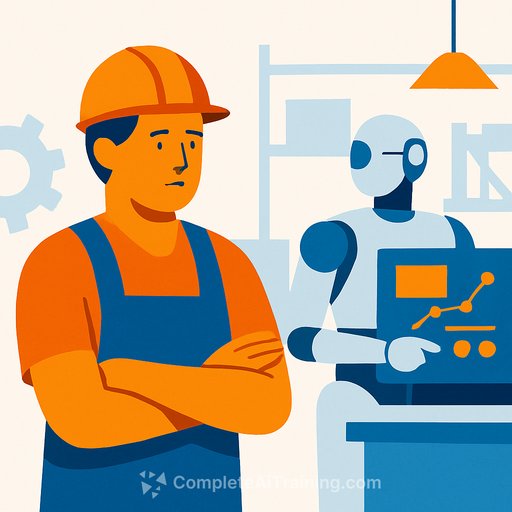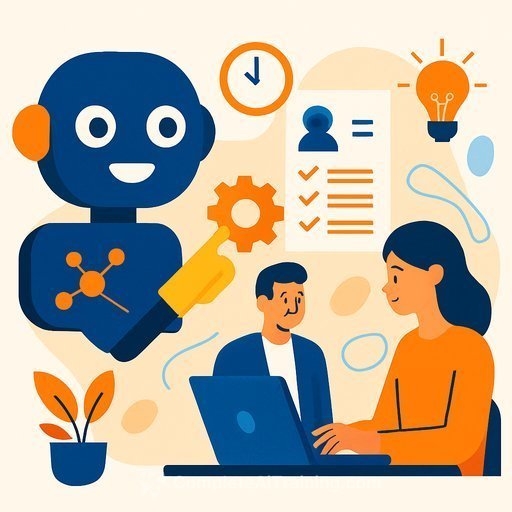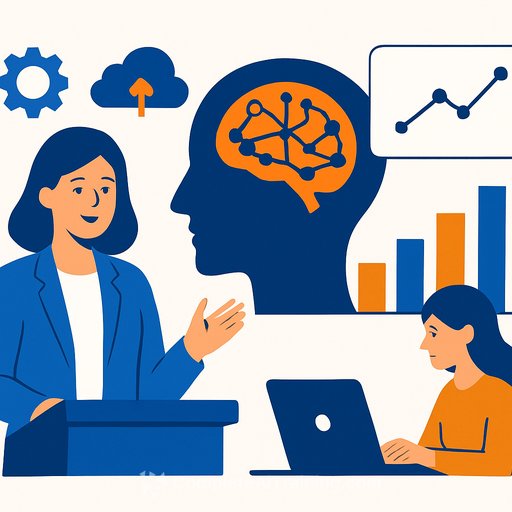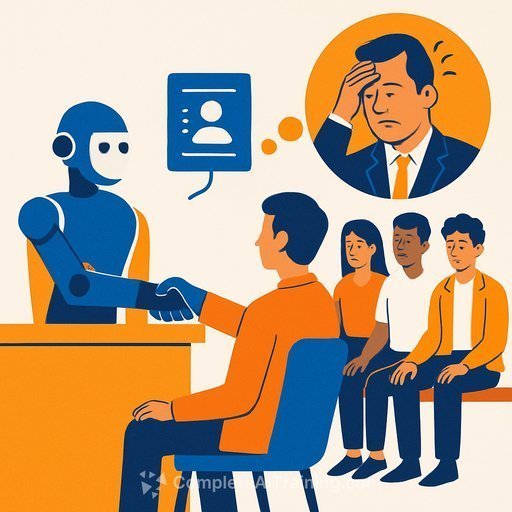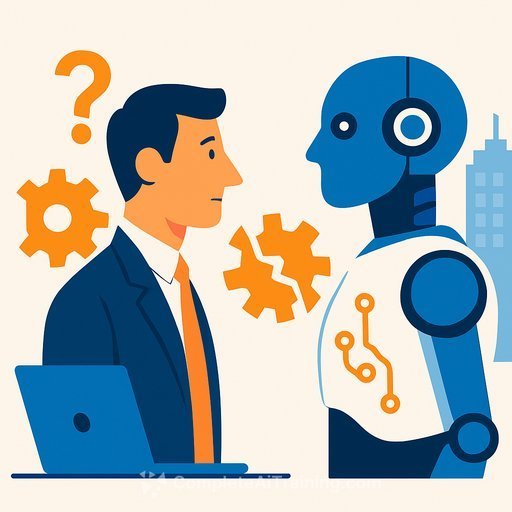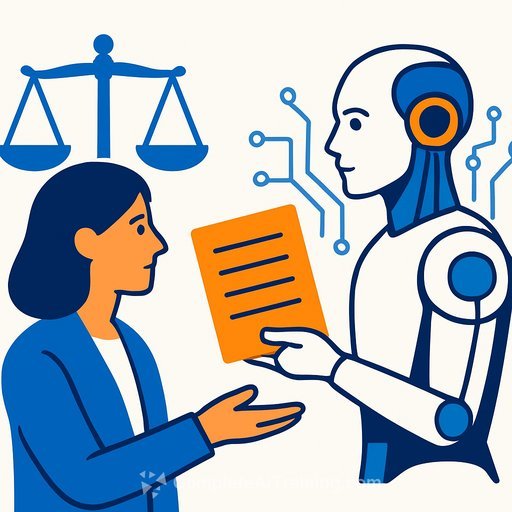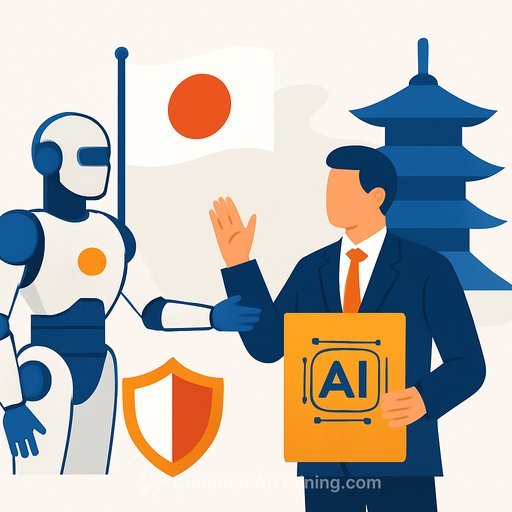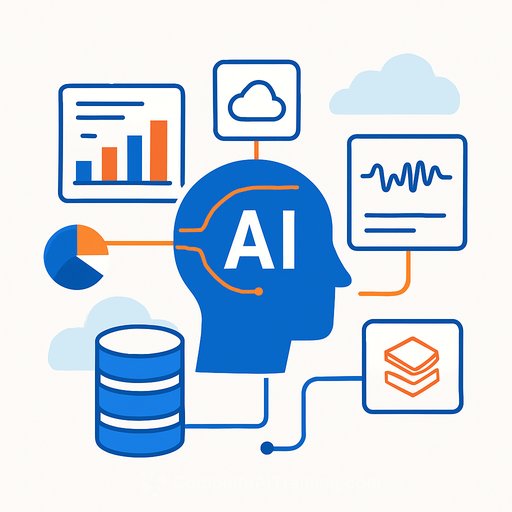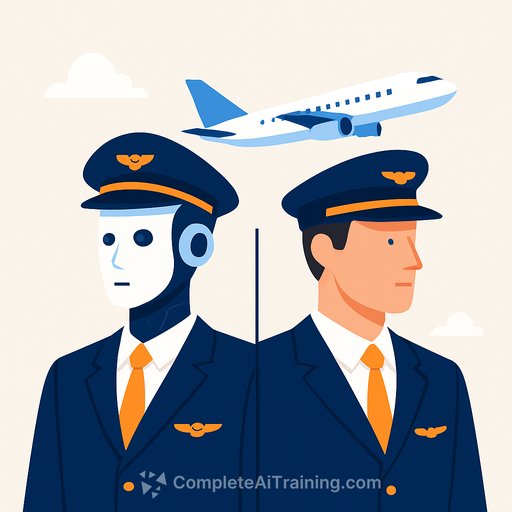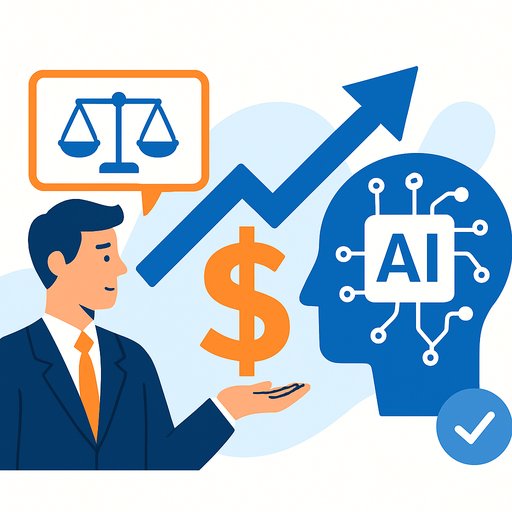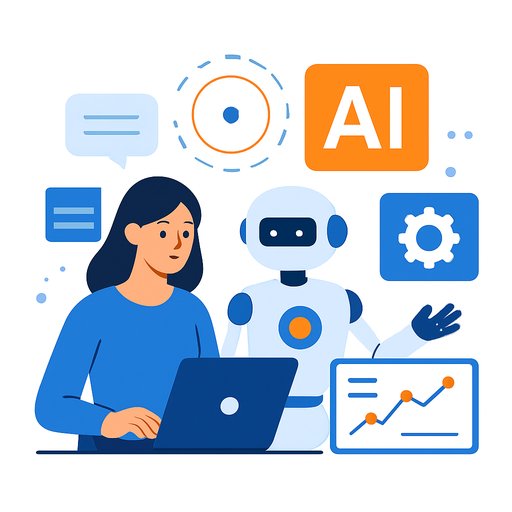How AI Should — and Should Not — Be Used in the Workplace
Artificial intelligence is increasingly present in our work lives, raising questions about its impact on jobs and worker dignity. As technology advances, it’s crucial to ensure that AI serves to support human labor rather than diminish its value.
Work is more than just a task; it’s a form of participation in creation, reflecting care and purpose. This perspective is especially important for vulnerable groups such as immigrant workers, farm laborers, low-wage earners, and young people, who often face the harshest consequences of economic changes.
AI as a Tool to Enhance Work
AI can improve efficiency and creativity in many fields. For example, in healthcare, AI aids in developing vaccines, medicines, and disease diagnosis. However, it should never replace human compassion or expertise, especially in patient care, where empathy is irreplaceable.
Concerns About AI in Employment
There are two major risks AI poses to workers:
- Deskilling: Reducing workers to repetitive, narrow tasks and limiting opportunities for creative or complex work.
- Displacement: Eliminating jobs across all levels, from entry positions to professional roles.
These risks threaten job security and community stability. Businesses and policymakers must consider these impacts carefully.
Involving Workers in AI Decisions
Workers need a voice in how AI shapes their jobs. Labor unions and worker centers should be part of business and policy discussions to ensure fair outcomes. Concentration of wealth and power must be avoided so that no one is left behind or discarded.
Ethical Use of AI and Shared Benefits
AI should serve the common good and benefit everyone equally. History shows that technological advances without ethical guidance can deepen inequality and social instability. The lessons from past industrial changes remind us to proceed with responsibility and discernment.
Governments should establish clear legal and regulatory frameworks to protect workers and address the challenges AI presents. Social safety nets must be strengthened to help workers avoid poverty cycles and secure fair treatment.
Looking Ahead
As AI continues to transform industries, now is the time for open dialogue between workers and decision-makers to find common solutions. Protecting the dignity and rights of workers is essential as technology evolves.
This Labor Day, it’s fitting to reflect on the example of Saint Joseph the Worker, who embodied dignity, diligence, and care through his labor. His example inspires us to advocate for workers’ rights and ensure technology respects the sacredness of human work.
For those interested in understanding how AI can be responsibly integrated into work, exploring practical AI training can be valuable. Resources like Complete AI Training offer courses to help workers and managers navigate AI tools thoughtfully.
Your membership also unlocks:

